Festivals & Events in Iceland: Celebrations of Culture, Music & Nature
Festivals & Events in Iceland: Celebrations of Culture, Music & Nature
Though Iceland is a nation of only about 380,000 people, its cultural calendar is packed with festivals and events that reflect its creativity, traditions, and connection to nature. From Viking feasts and national holidays to world-renowned music festivals and seasonal celebrations under the Midnight Sun, Iceland offers visitors year-round opportunities to immerse themselves in its vibrant culture. This guide highlights the most notable festivals and events across the island.
Introduction: Why Festivals Matter in Iceland
Festivals in Iceland are more than just entertainment—they are expressions of resilience, identity, and community. Long winters have historically brought people together through storytelling, music, and shared meals. Today, the same spirit is alive in Reykjavík’s modern art festivals, rural food celebrations, and national holidays that honor independence and heritage. Whether in the capital or a tiny fishing village, festivals reveal the warmth of Icelandic society.
National & Historical Celebrations
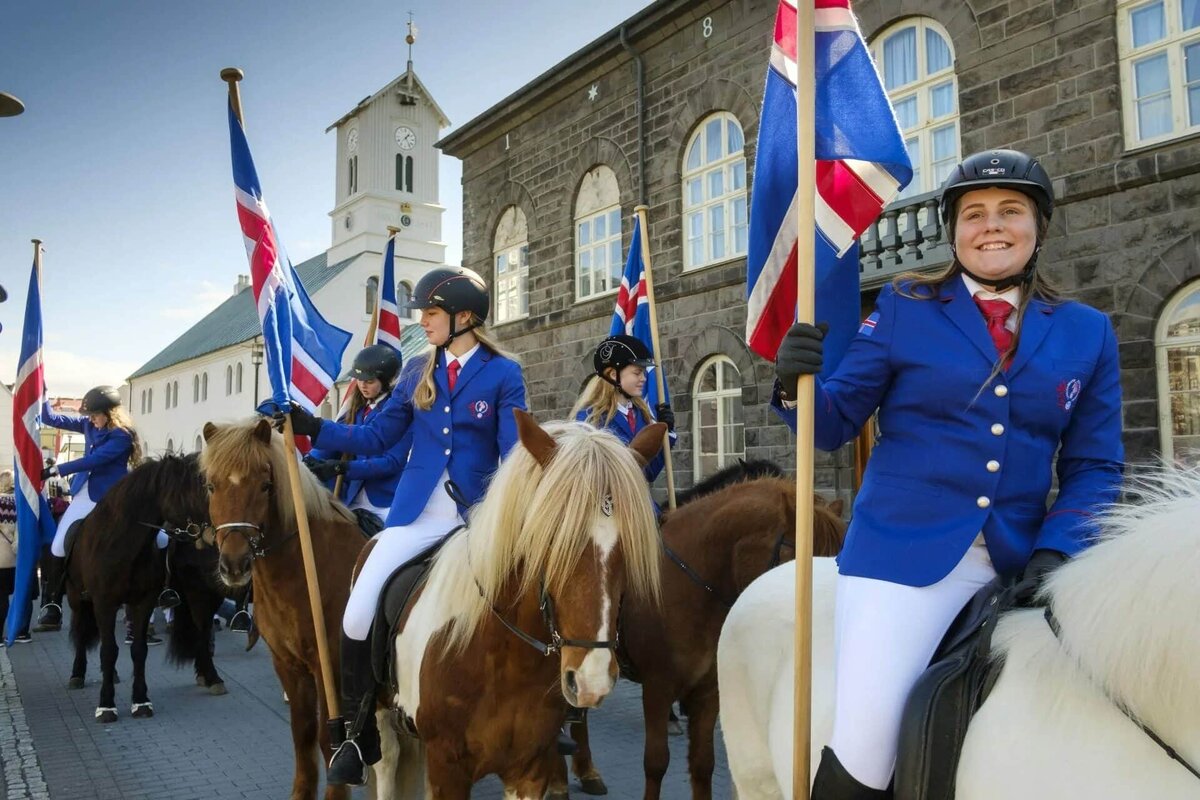
- Iceland’s National Day (June 17): Celebrated on the birthday of Jón Sigurðsson, a leader of independence, National Day fills Reykjavík and towns nationwide with parades, concerts, and family activities. Expect flags, street performers, and festive food.
- The First Day of Summer (late April): Based on the old Norse calendar, this holiday marks the symbolic end of winter. Despite often chilly weather, Icelanders celebrate with parades, outdoor games, and community gatherings.
- Þorrablót: A midwinter festival rooted in Viking tradition. Locals feast on traditional foods such as fermented shark, dried fish, and lamb, often accompanied by Brennivín schnapps. It’s a cultural window into Iceland’s past and a lively social occasion.
Music Festivals
Music is a cornerstone of Icelandic culture, and its festivals attract both international acts and local talent:
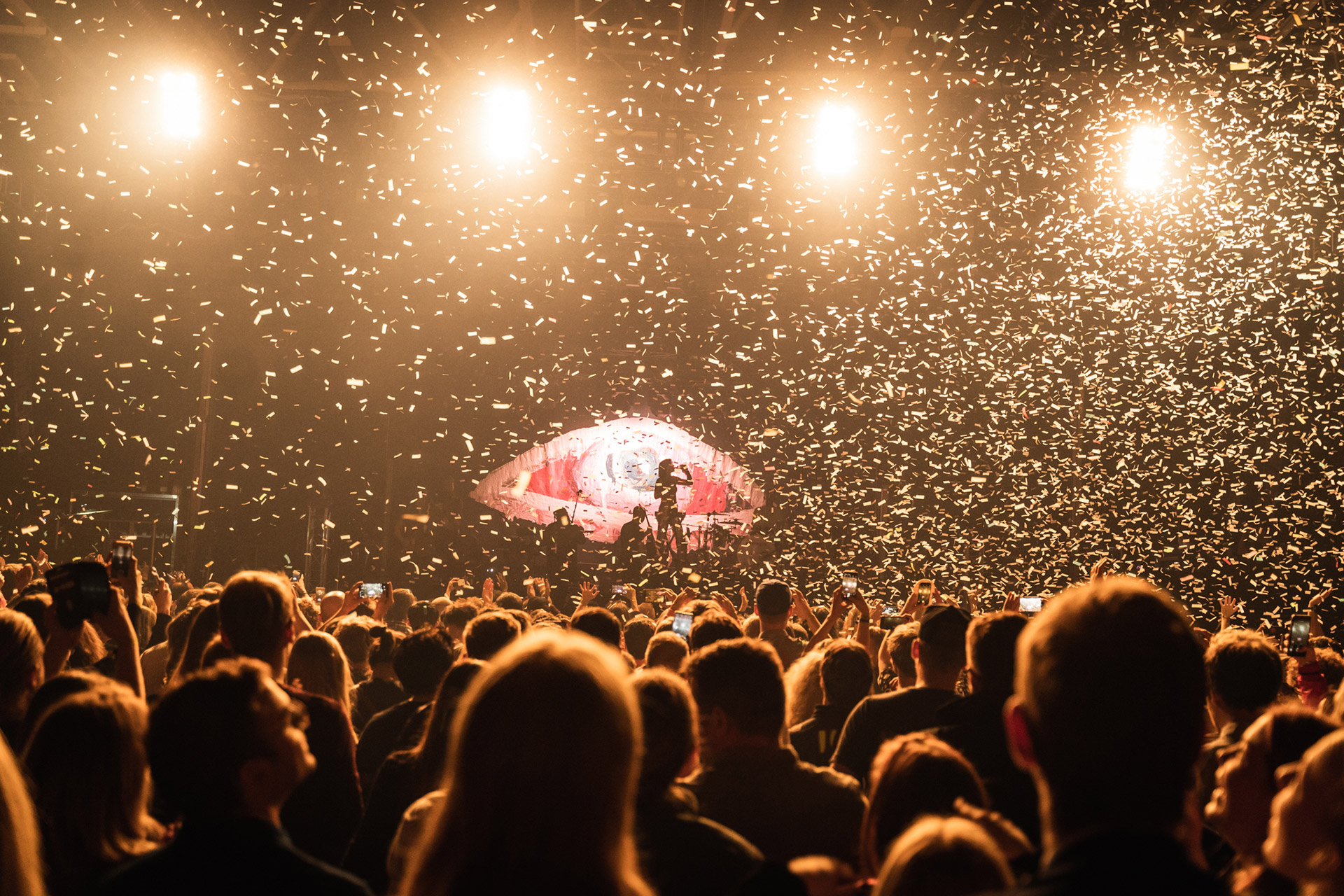
- Iceland Airwaves: Reykjavík’s most famous music festival, held every November, transforms the city into a giant stage. Concerts take place in clubs, concert halls, and even unconventional venues like bookstores and barber shops. Emerging artists often debut here alongside global names.
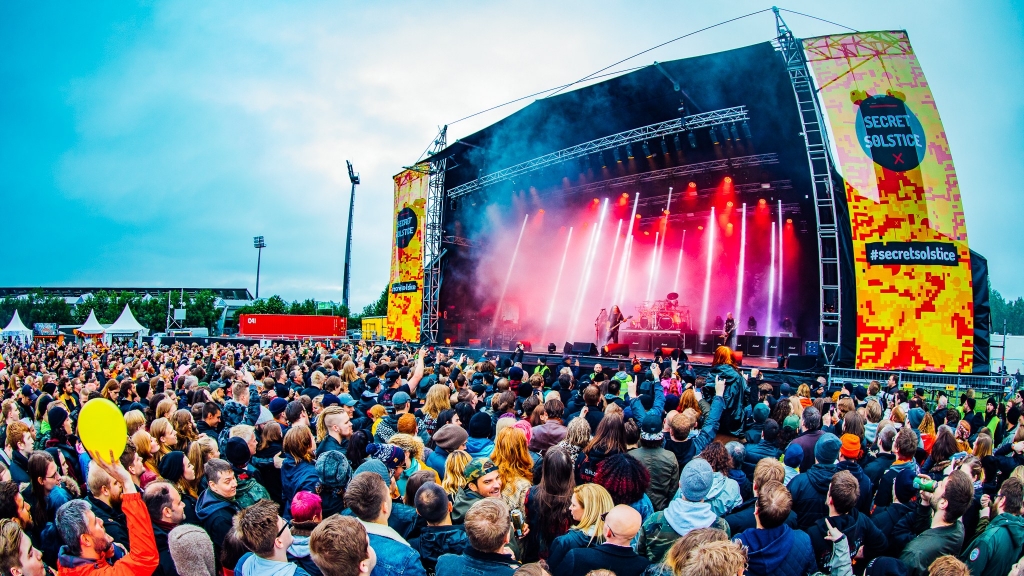
- Secret Solstice: Held in June during the Midnight Sun, this festival combines music with extraordinary settings. Past performances have taken place inside glaciers and lava tunnels, making it one of the most unique music experiences on earth.
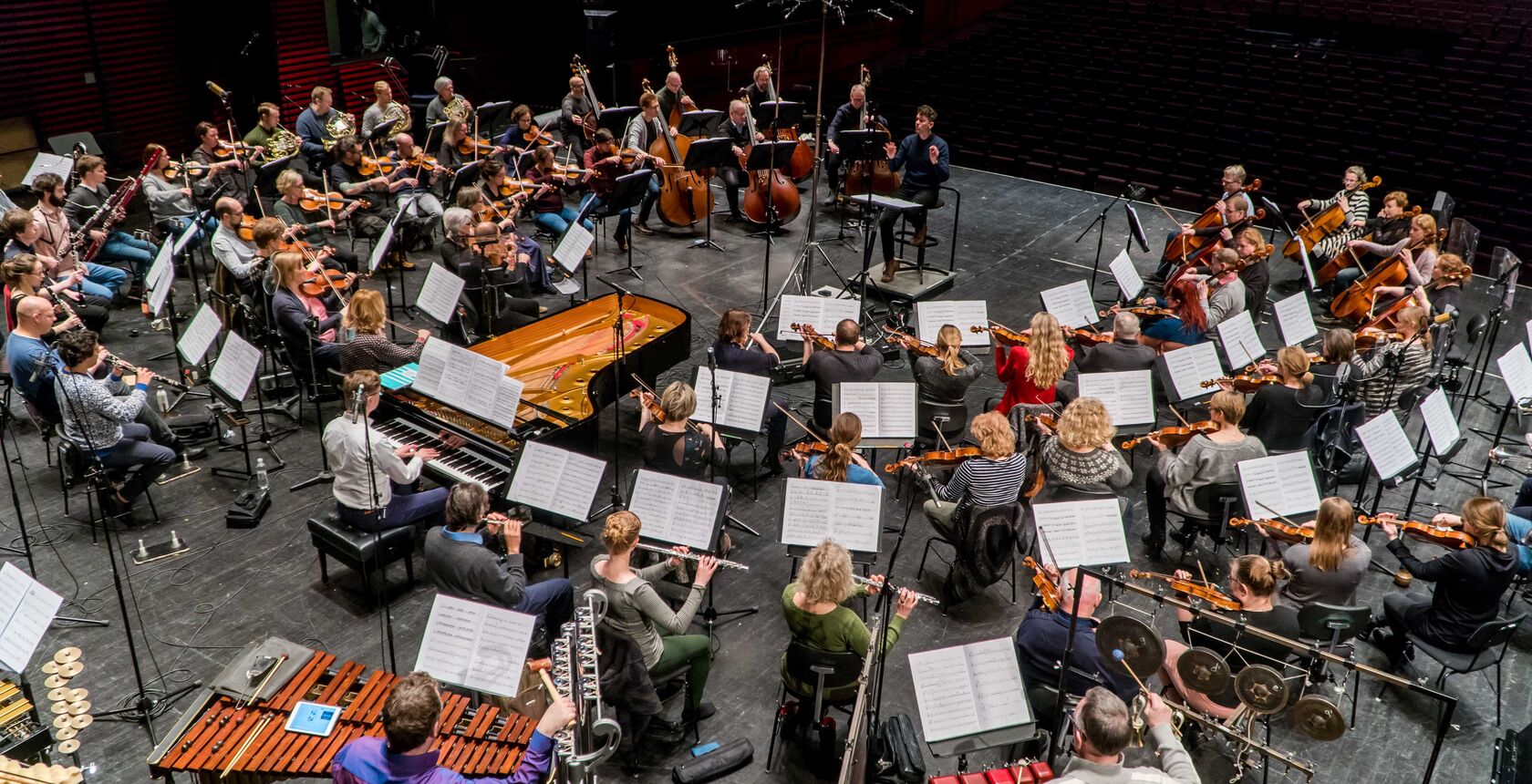
- Dark Music Days: A contemporary and experimental music festival in January, showcasing Iceland’s avant-garde scene. It reflects the creativity that thrives during the long winter darkness.
Art & Culture Festivals

- Reykjavík Arts Festival: Founded in 1970, this biennial event brings theater, dance, visual arts, and literature to stages across the capital. It’s one of Northern Europe’s oldest and most prestigious arts festivals.
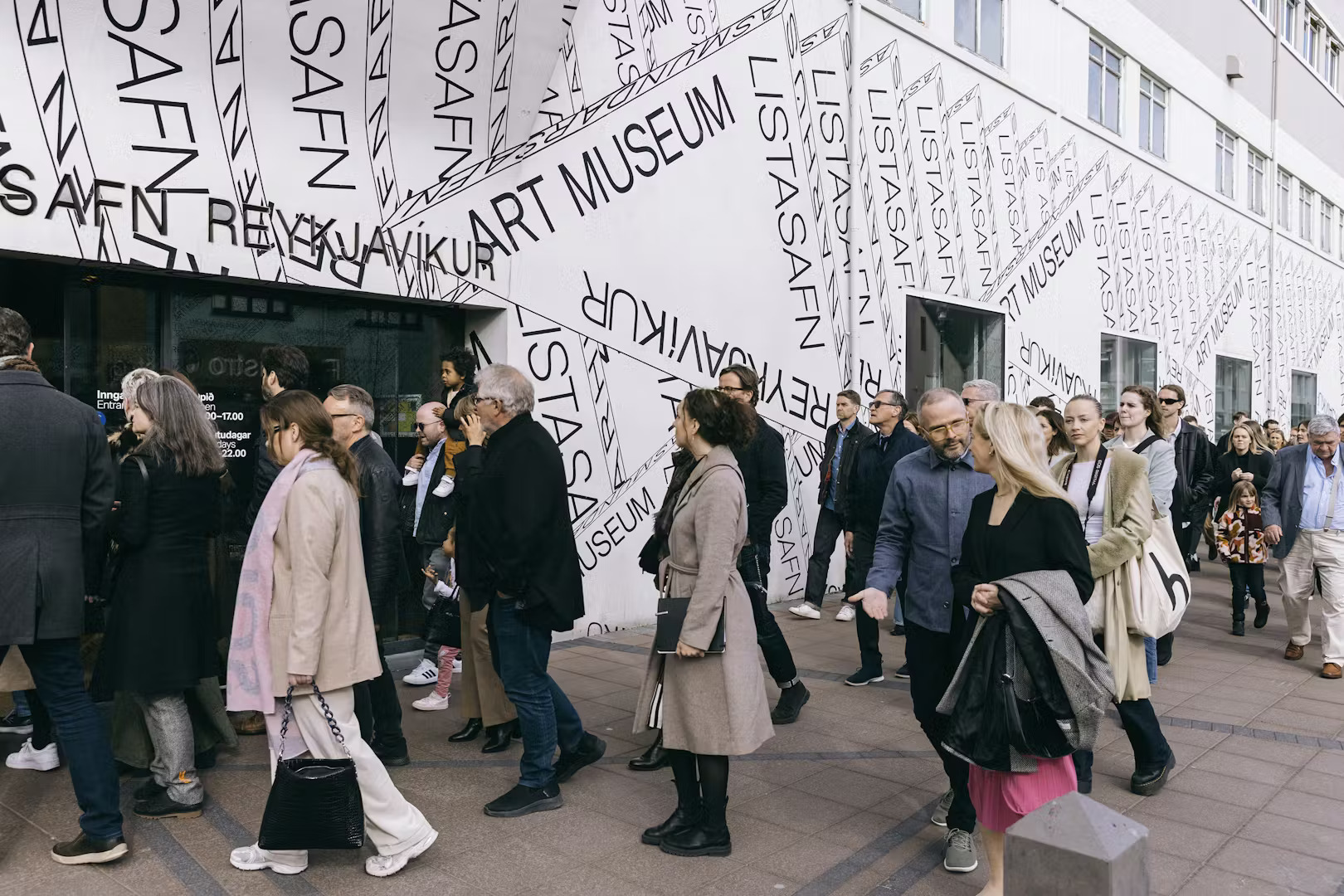
- DesignMarch: Celebrating Icelandic design, innovation, and architecture, this March festival features exhibitions, talks, and product launches across Reykjavík.
- Iceland Writers Retreat: A literary gathering in Reykjavík that draws international authors and readers. It emphasizes Iceland’s strong literary heritage, from medieval sagas to modern fiction.
These events highlight Iceland’s deep respect for creativity and its ability to fuse traditional storytelling with contemporary expression.
Seasonal & Nature-Based Events
Iceland’s dramatic environment inspires festivals that celebrate its light, darkness, and landscapes:

- Reykjavík Winter Lights Festival: Held in February, this event brightens dark days with light installations, cultural events, and museum nights. It celebrates both winter and the coming of longer days.
- Midnight Sun Events: In June, the near-24-hour daylight inspires marathons, outdoor concerts, and community gatherings. Running a race at midnight under the sun is an unforgettable experience.
- Northern Lights Events: While not a single festival, many tours and cultural events in autumn and winter celebrate the aurora. Some include folklore, photography, and traditional Icelandic music under the shimmering skies.
Local & Regional Festivals

- Þjóðhátíð (Westman Islands): One of Iceland’s largest outdoor festivals, held every August. Locals and visitors gather for music, fireworks, and bonfires in a volcanic crater.
- Dalvík Fish Festival: In the north, this unique event offers free fish meals to thousands of visitors. It’s a joyous celebration of Iceland’s fishing heritage.
- Reykjavík Pride: Every August, Reykjavík turns rainbow-colored for a week-long celebration of LGBTQ+ rights and diversity. The parade is one of the largest events in Iceland.
These regional festivals reveal Iceland’s diversity and the pride communities take in their heritage, food, and values.
Food & Drink Festivals
Iceland’s evolving food scene has also created vibrant culinary events:

- Reykjavík Food & Fun Festival: Every February, international chefs collaborate with local restaurants to create menus based on Icelandic ingredients.
- Beer Day (March 1): Celebrates the end of Iceland’s beer ban in 1989. Bars and breweries mark the day with tastings and parties.
- Seafood & Lamb Festivals: Communities across Iceland hold seasonal food events showcasing fresh catch and traditional meats.
Food festivals provide excellent opportunities to try local delicacies and engage with Iceland’s culinary creativity. See more in our Food & Drink in Iceland guide.
Tips for Attending Festivals in Iceland
Attending festivals in Iceland requires some preparation:
- Book Early: Accommodation and tickets sell out quickly, especially for Reykjavík Airwaves and Þjóðhátíð.
- Dress Appropriately: Even summer festivals can be chilly. Layers, waterproof gear, and sturdy shoes are essential.
- Transportation: Many festivals happen outside Reykjavík. Check schedules or rent a car, but always drive safely. For details, see our Travel Tips for Iceland.
- Budget: Food and drinks at festivals can be pricey. Plan accordingly or bring snacks.
- Respect Culture: Join in traditions but respect local customs and nature. For nightlife tips, see our Nightlife in Iceland guide.
Conclusion
Festivals and events in Iceland bring people together through music, food, art, and heritage. They showcase the nation’s creativity, resilience, and joy in celebrating both its history and its unique natural environment. Whether you join a Viking feast in midwinter, dance under the Midnight Sun, or listen to experimental music in Reykjavík, Iceland’s festivals will enrich your journey and connect you with the heart of its culture.
